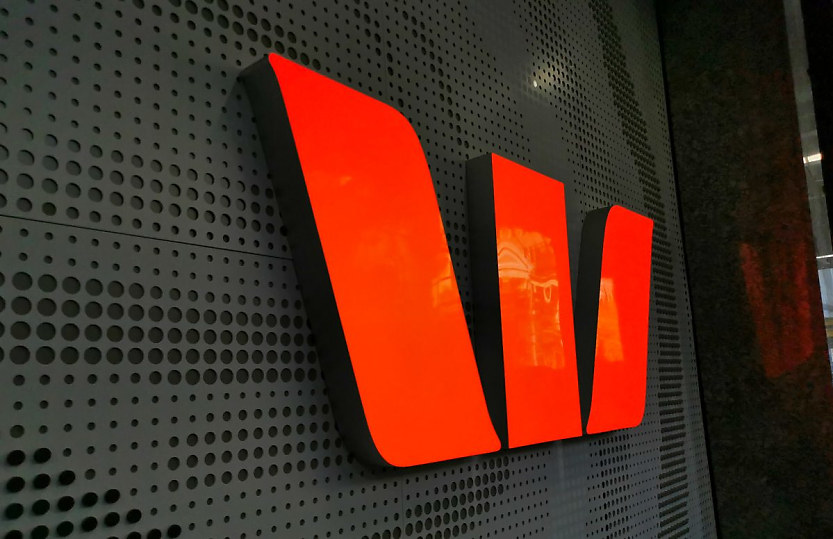Tax cuts, RBA decision drive small uptick in consumer sentiment: Westpac

The Consumer Sentiment Index saw a small rise this month but remains at weak levels by historical standards.
The latest Westpac–Melbourne Institute Consumer Sentiment Index rose 2.8 per cent to 85 in August following the RBA's decision to leave interest rates on hold.
Westpac head of Australian macro-forecasting Matthew Hassan said with the effects of the tax cuts now flowing through and the RBA deciding to keep interest rates unchanged, consumers have "breathed a small sigh of relief".
However, the index remains stuck in the 78 to 86 range which is considered weak by historical standards.
Family finances were one of the areas to see the most improvement, with the sub-index increasing 11.7 per cent in August, lifting the sub-index to 70.9, a two year high.
Consumer expectations for their finances also improved, with the ‘family finances, next 12 months’ sub-index rising 5.1 per cent to 96.8. This is the highest level since the interest rate tightening cycle began in May 2022.
Despite these gains, the August index numbers for both these sub-indexes were still in the bottom 15 per cent of monthly readings since the series began in the mid-1970s.
"Other components were showed much smaller, mixed shifts. Consumers are a little less pessimistic about the near term economic outlook but a little more downbeat on the medium term view, with buyer sentiment largely unchanged at very weak levels," said Hassan.
The sub-index tracking assessments of the economic outlook for the next 12 months rose 2.4 per cent to 83.3, increasingly slightly from last month but essentially unchanged since May.
The sub-index looking at economic outlook for the next five years declined 3.2 per cent to 91.5.
AMP economist My Bui noted that the 'time to buy major household items' part of the index remains deeply negative at 82.6, compared with the long term average of 124.
"[This] doesn't bode well for retail sales," said Bui.
"Meanwhile, housing sentiment has dropped to the lowest level this year. There is a divergence between states though, as Western Australian and South Australian consumers are much more bullish than households in other states, especially compared to Victoria."
Bui said while business confidence has largely held up better than households following the end of the pandemic, the latest NAB business survey indicated a small drop in confidence.
There is a wide discrepancy across industries with confidence especially weak in retail and wholesale trade, consistent with households’ reluctance to spend, she said.
NAB chief economist Alan Oster said noted that while was a small rise in business conditions in the latest survey, they remain below average while the trend measure again fell.
"The fall in conditions is consistent with the slowdown in growth that has occurred, but we expect the economy to grow more quickly in the second half of the year," said Oster.
About the author







